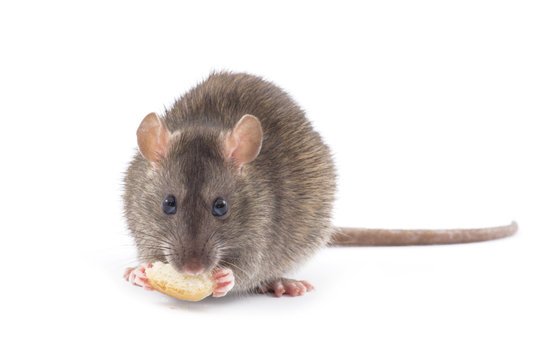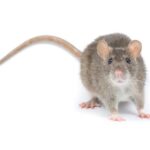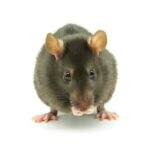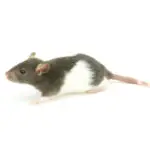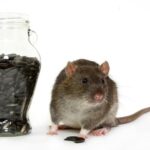Are Rats Good For the Environment?
There is an important question that has been asked for centuries: are rats good for the environment? Rats are actually an important part of the natural ecosystem, but they also have a significant impact on the world around us. Their presence has exacerbated the decline of many native species. The rat’s appetite for seeds and fruit has resulted in the disappearance of many endemic plants and trees. This is a serious problem for humans and the environment.
Rats are important to the ecosystem, not only as scavengers but also as a food source for other animals. Although rats are generally beneficial, the problem with too many rats is that they can affect the natural balance of ecosystems. Rats are also known to be invasive species, which means they are often in areas that don’t have natural predators.
Rats can also cause disease. Their feces and droppings can cause contamination of food, which can lead to food poisoning. They can also spread salmonella, which is a highly infectious disease. Likewise, rats can transmit leptospirosis, a bacterial disease that can cause fever and muscle aches. The disease can eventually lead to meningitis and other serious illnesses.
Rats are social animals and prefer to live with other members of their species. They enjoy sharing space and are known to suffer from depression if they are left alone for a long time. They are also likely to look out for each other and care for a sick or injured rat. These animals have a way of showing happiness by grinding their teeth or chattering.
